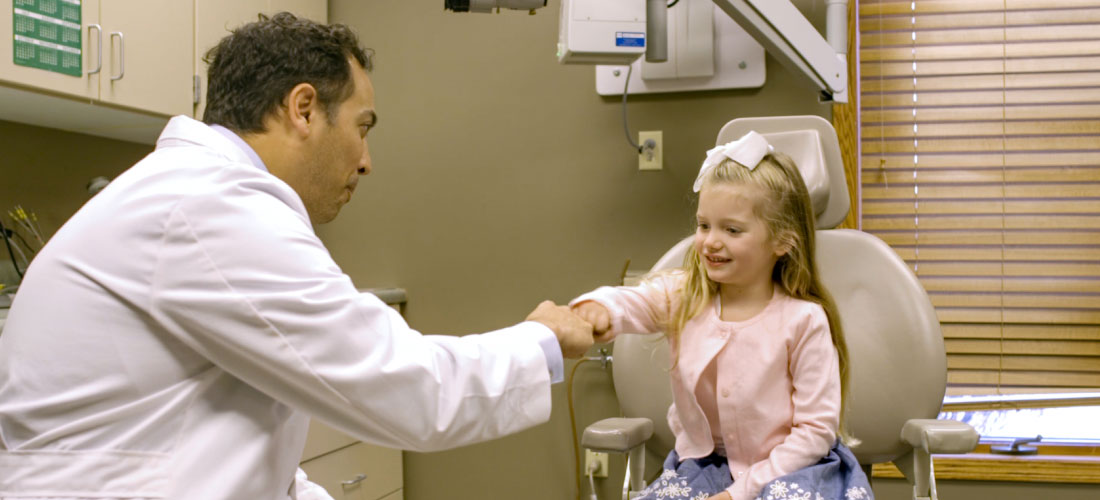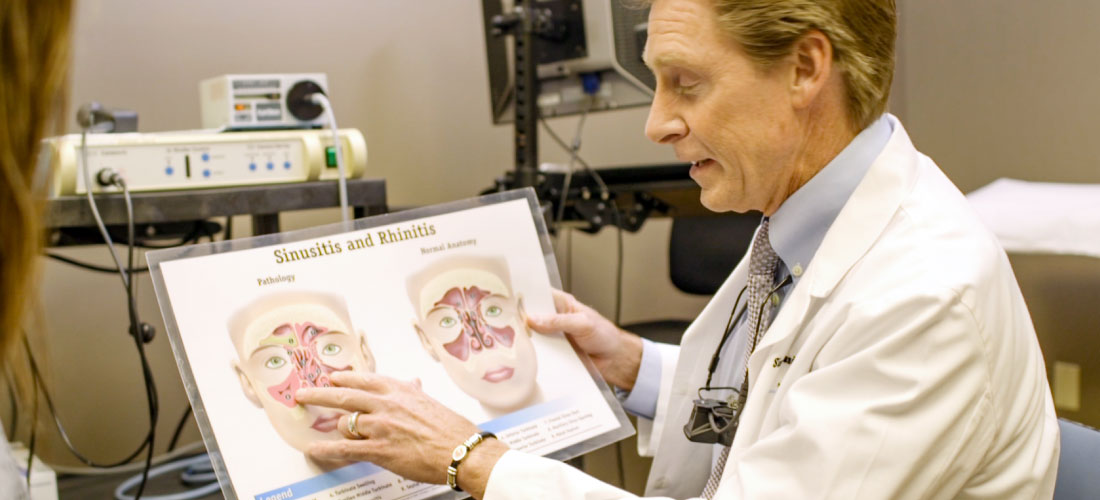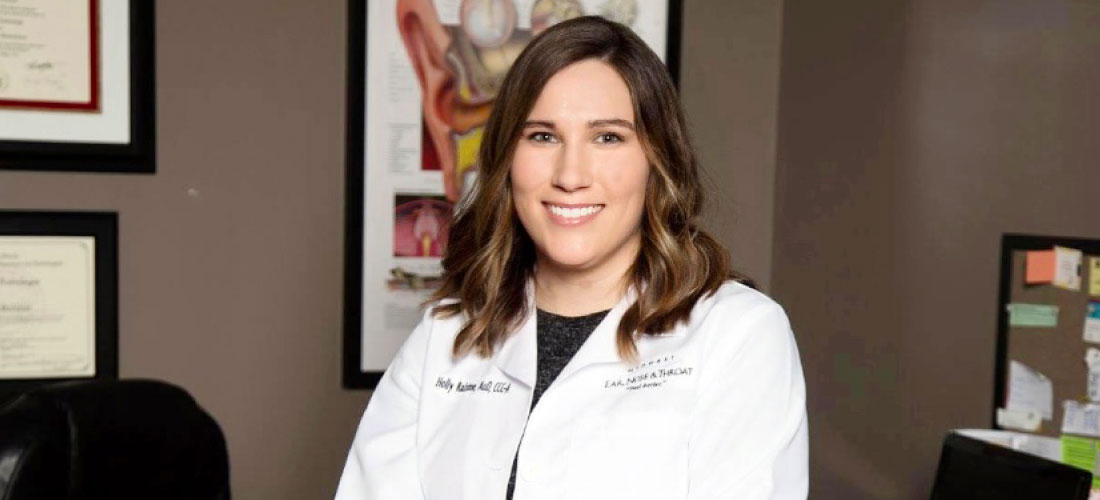If chronic sinus pain and pressure is keeping you from "springing ahead" as the temperatures rise, it might be time to look into a treatment plan that can restore your quality of life.
Daniel Todd, MD, FACS, specializes in sinus issues at Midwest Ear, Nose and Throat and empathizes with patients who are suffering from chronic sinusitis. "Symptoms like headaches, facial pain and pressure, postnasal drip and congestion can really drag people down," Dr. Todd says. However, because sinusitis is so complex, he approaches stubborn symptoms from a treatment standpoint. "The cause of sinus problems are multifaceted. And to further complicate matters, many headaches really have little to do with the sinuses."
The first step is to properly identify and diagnose the sinus issue so that the best course of treatment can be administered. Skin testing is the most accurate means of testing and is generally well tolerated among patients. This is beneficial because of the complexity of sinusitis. Triggers are often a combination of anatomy issues, allergies, polyps and chronic inflammation. And because spring is slow to come in this region, people have to deal with outdoor aggregates such as tree and grass pollens in addition to indoor allergens such as molds, dust mites and pet dander. "This combination can really weigh people down, especially considering not all sensitivities are allergic," he adds. Thankfully, there are treatments to make patients feel better.
The first option is to seek out proper medications. Topical treatments have fewer side affects than those taken orally, which in the long run is better for the patient. A routine treatment that Dr. Todd suggests is to irrigate the nasal passages with a simple saline solution. Sometimes even topical decongestants can be helpful in addition to oral ste- roids. If needed, long courses of antibiotics can prove very effective for many patients. "Anything we can do medically to take away the pain for a patient is greatly appreci- ated. Unfortunately, most patients I see have largely exhausted these options," he says.
The next option is to desensitize or avoid what causes the sinus issues. If the patient has gone through proper testing and taken the steps to identify the problem, this can be an effective course of treatment. Obviously, avoiding a known trigger seems like the easi- est way keep allergies at bay. However, for a more permanent treatment or if avoidance isn't an option, desensitization is a proven method that is becoming more popular. Also referred to as allergen immunotherapy, it works like a vac- cination in that it uses your body's exposure to small, injected amounts of a particular allergen to build up immunity. By gradually increasing the injected allergy, your body becomes desensitized and patients can eventually resume normal exposure without side affects or surgery.
In more severe cases, surgery may be the last resort. Dr. Todd often performs procedures such as balloon dilations, polypectomy and turbinate reductions, a method that shrinks small bones that can become inflamed and obstruct the nasal passage. Although these pro- cedures sound complicated, Dr. Todd says some can be performed in a clinic and often are the most effective treatments. "When a patient undergoes surgery, they are ensured to have improved breathing and even appearance," he adds.
But despite the number of options, when looking for the best way to feel better fast, Dr. Todd says less really is more. "Conservatism is key and the least we need to do to make a patient feel better is always the correct treatment."
By Jennifer Dumke - Sioux Falls Woman Magazine
SiouxFallsWoman.net | APRIL/MAY 2016












